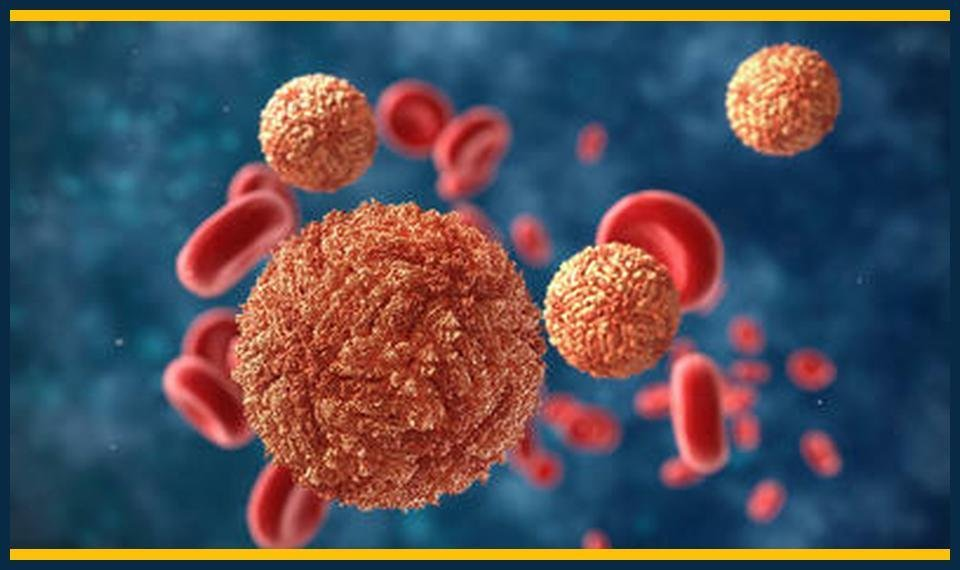![]()
GCSE Biology: Master the Cell 🧫 in 5 Simple Steps 🎓
Step 1: Understand the Basics 🔍
The cell, the fundamental unit of life 🌱, is the building block of all living organisms. Mastering the cell structure and function is a crucial stepping stone towards acing your GCSE Biology exam 📚. Start by familiarising yourself with key terms like cell membrane, cytoplasm, nucleus, mitochondria, and ribosomes.
Step 2: Memorise Cell Structures 📋
Drawing diagrams can be an effective way to remember cell structures 🖌️. Try creating a detailed, labelled diagram of a plant and animal cell, and keep it handy for quick revision. Additionally, use mnemonics to help remember the functions of each organelle 🧩. For instance, remember the role of the mitochondria as the “powerhouse of the cell” with the mnemonic “Mitochondria are really _m_ighty _o_xidative _phosphorylation _engines” 🏭.
Step 3: Learn Cell Processes 🔁
Understanding cell processes like cell division, transportation, and respiration is essential 💪. Practice explaining these processes in your own words, and use real-life examples to help reinforce your understanding 🌱🌳. For example, compare cell division to the way a city expands, with cells dividing to form new ones just like neighbourhoods splitting to accommodate growth.
Step 4: Practice, Practice, Practice 🏃♂️
Practice makes perfect! Regularly revise cell structure and processes through quizzes, flashcards, and past papers 📝. Joining a tutoring platform like Tutor GP for personalised learning can help you focus on your weak areas and accelerate your progress 🚀.
Step 5: Stay Motivated and Seek Support 💡
Maintaining motivation is key to success 🎓. Set achievable goals, break them down into manageable tasks, and reward yourself when you reach them. Remember, it’s okay to ask for help when you need it. Reach out to your teacher, tutor, or parents for support 🤝.
FAQs ❓
🔬 Question: What’s the best way to study for GCSE Biology?
📚 Answer: Consistent studying, practice, and active learning are key. Regular revision, quizzes, and past papers can help you reinforce your understanding and stay on track.
👩🏫 Question: How can a tutor help me with GCSE Biology?
🎓 Answer: A tutor can provide personalised learning tailored to your needs, focusing on your weak areas, and helping you accelerate your progress towards exam success.
💻 Question: Can online tutoring be as effective as face-to-face tutoring?
💻 Answer: Absolutely! Online tutoring offers flexibility, convenience, and access to a wider pool of tutors. With the right platform, online tutoring can be just as effective as face-to-face tutoring.
🧪 Question: What’s the best way to remember cell structures?
🖌️ Answer: Drawing labelled diagrams and using mnemonics can help you remember cell structures more effectively.
📝 Question: How can I stay motivated during my GCSE studies?
🎯 Answer: Setting achievable goals, breaking them down into manageable tasks, and rewarding yourself when you reach them can help maintain motivation during your studies.
💬 Question: How can I get help if I’m struggling with a particular topic in GCSE Biology?
🤝 Answer: Don’t hesitate to ask your teacher, tutor, or parents for help. They can offer guidance, resources, and support to help you overcome challenges.
🔍 Question: Why is understanding cell structure important for GCSE Biology?
🌱 Answer: Understanding cell structure is fundamental to understanding the functions of cells, which are crucial for understanding living organisms at a microscopic level. Mastering cell structure can significantly improve your performance in GCSE Biology.




